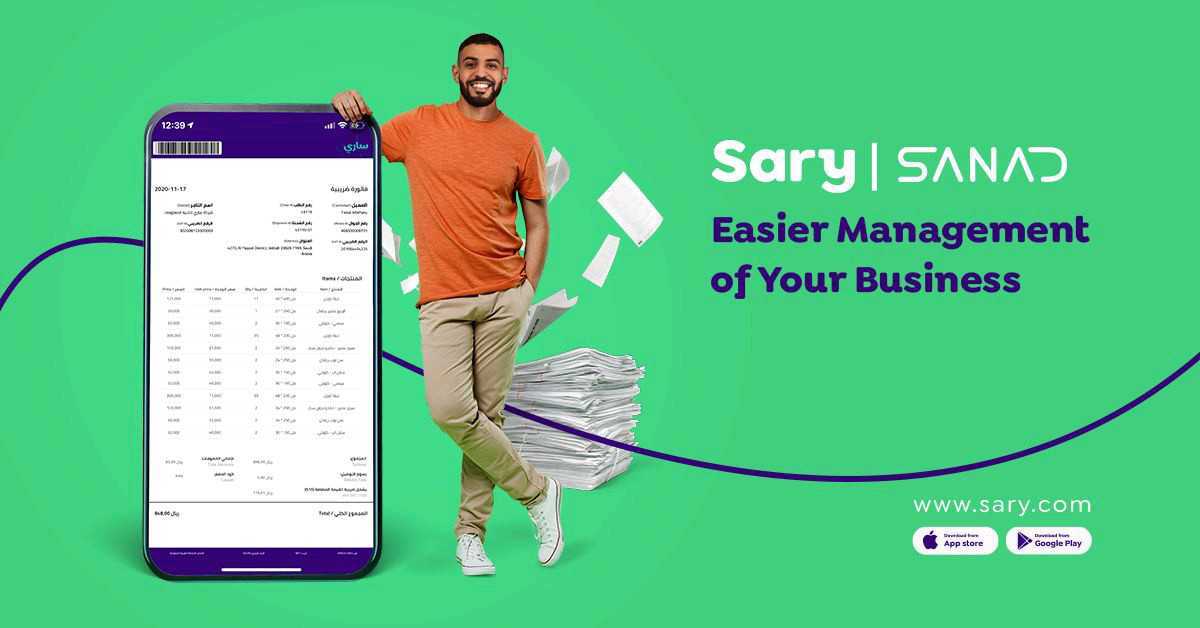How Sary Is Reinventing Saudi's Wholesale Marketplace

Gone are the days when businesses would consult a middleman to buy wholesale merchandise from a manufacturer. Thanks to the advent of technology, wholesale businesses are being migrated to the Internet termed e-commerce over the past twenty years. However, the COVID-19 pandemic has accelerated the shift towards e-commerce across the globe, and Saudi Arabia is no exception.
Wholesale e-commerce is a business-to-business (B2B) e-commerce model where, instead of selling your products individually to consumers, you sell them in bulk and at a discount to other businesses essentially as the intermediary between the manufacturer and the distributor or retailer.
According to a report by yStats.com, the B2B e-commerce market in Saudi Arabia was predicted to reach over $13 billion in revenue by 2023. The Saudi Arabian eCommerce market contributed to a worldwide growth rate of 17.0% in 2023. Like in Saudi Arabia, global eCommerce sales are expected to grow year on year. Q4 of 2022 saw Saudi Arabia among the world’s top 10 countries leading e-commerce growth by over 32%, according to the E-Commerce Council.
This growth is fueled by factors such as increasing internet penetration, a young and tech-savvy population, and government initiatives to promote e-commerce. The report also noted that the wholesale and distribution sector was the largest contributor to B2B e-commerce in Saudi Arabia. Other key sectors include manufacturing, construction, and oil and gas.
Some of the major players in the Saudi B2B e-commerce market include Amazon, Tradeline and Jumia. In addition, many local players have emerged to cater to the unique needs of the Saudi market. About 5 years ago, Mohammed Aldossary and Khaled Alsiari conceived the idea of creating Sary, a platform that will revolutionise the wholesale marketplace in Saudi and beyond.
Meet Sary
Sary is a B2B marketplace that connects small businesses with wholesalers and brands in one place to enable a seamless, insightful and bold way of doing business. With over 30,000 Stock Keeping Units (SKUs) from top international brands and wholesalers, Sary replenishes the stock of businesses within 24 hours at unbeatable prices.
The platform offers a variety of flexible payment methods including cash-on-delivery, e-bill payments through Sadad and online transactions via Mada card. A few weeks ago, Sary announced its achievement of a milestone of 13 million EGP for the past 4 months. Since its inception, Sary has had over 350,000 customers and served more than 40,000 businesses across Saudi Arabia. Last month the startup signed an MoU with AMAN consultancy and Business Development to drive Oman’s digital transformation and support B2B across all sectors.
Sary’s Expansion in MENA
Sary is doing its best in expanding its offering to other parts of the MENA region. It took a strategic move to expand to North Africa by acquiring Egypt’s B2B marketplace, Mowarrid in March 2022. In addition to MENA, Sary expanded to Pakistan by buying a stake in Pakistani startup, Jugnu by leading its $22.5 million Series A round in March of the same year.
